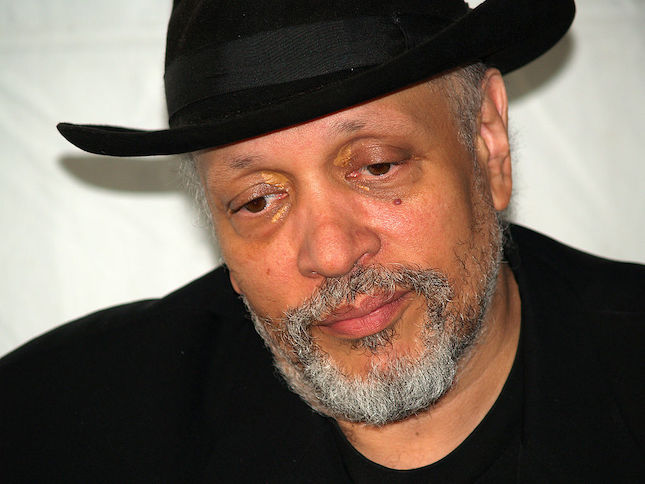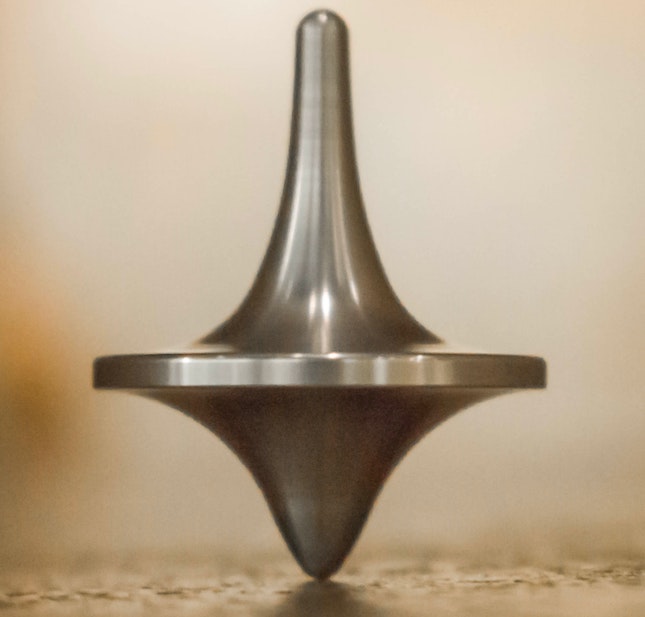Are You Missing the Fun of Story Writing?

Fun and Done
The storyteller is first and foremost someone who plays.
John Truby, The Anatomy of Story
Do you ever sit staring at a blank page and a blinking cursor waiting for the story to come? When your life is crowded with life activities and you have only precious moments of time to write, don’t waste your time staring at the blank page. Bring some fun to your writing.
The same day that I started re-reading John Truby’s The Anatomy of Story I watched a Sisters in Crime sponsored conversation with Walter Mosley and Lou Berney. The official topic was creating characters, but the word that kept popping up in the conversation was fun. The fun of storytelling.
Storytelling is work. Approach your writing with a sense of play to recapture that spark that started you on your novel writing journey. When you feel stuck, get going by uniting with the idea that sparked your story idea.
When Writing Time is Prescious
When storytelling isn’t your main source of income, making time for writing among work, family, friends, children, and other obligations can be challenging. The last thing you want to do is squander that time by staring at a blank page.
Start practicing these kick starting actions to reconnect with your story to get words written.
Free-Write for 5
To help switch into the writing mode, some writings dedicate the first five minutes to freewriting. Write anything that comes into your mind. Don’t worry about syntax or grammar. Donpt think about sentence fragments, runon sentences, missed commas Just write. Make that connection between your brain and writing. Get into the writing flow.
Five minutes is enough time to flip on your writing switch. My artist friend does fast one-minute sketches to start her brain connecting with drawing. She calls them artistic obscenities because nobody will see them. It’s an exercise in getting your brain in gear.
Ever Present Notes
When you are not at your writing time, you may still have ideas for your story. Establish a note-taking system. Some writers carry blank 3×5” cards. Some have a notebook, or several notebooks in different parts of the house. Some record their ideas on their phone or tablet. Whatever you system, get in the habit of taking notes.
Then, put those notes to use during your writing time. You may have an idea for a dialogue exchange between your protagonist and another character. You may have the key turning point for a scene. Or, a setting for an action scene pops into your head.
Work on those notes when it’s time to write. Remember you don’t have to write the story in order. I a scene in Act III comes into your head, go ahead and work on that even if linearly you’re still in Act II. It will all come together in the end.
Start with the Previous Session
Many writers start their writing session by reading the previous session. Writers who write long-hand enter their last session into the manuscript. Others do a light edit of the previous writing session.
Reviewing your last writing session gets your mind into the story. Some writers use the trick of ending a writing session mid-sentence so they can jump in and finish during the next session. It’s a good trick for getting into the story to keep writing.
Don’t Just Sit There
Give yourself permission to write. Don’t just sit there. You’re writing your first draft so everything doesn’t need to be perfect. At this point, you’re getting the story out. Give your brain the freedom to connect with the story and write. As you keep playing with your story, you’ll find you come to the end. I call it fun and done.
Image: David Shankbone / CC BY-SA (http://creativecommons.org/licenses/by-sa/3.0/)



